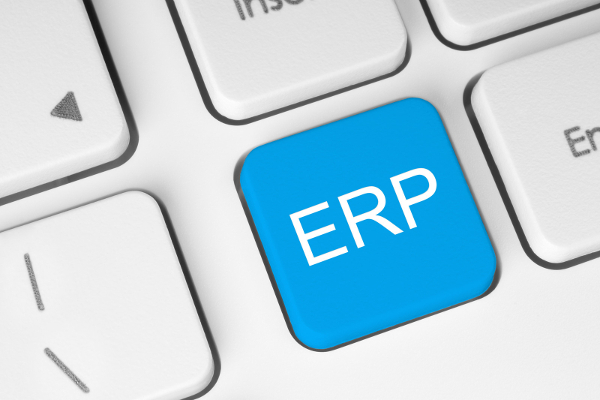There are many reasons why a business will be prompted to seek out a replacement ERP system. Sometimes, it’s a combination of several reasons. These are the ones that Balloon One comes across most regularly. Do you recognise any of these in your own organisation?
1. Greater functionality
If your current system is limiting your operations and its functionality is limited, then this will in time spur you towards a new, upgraded solution. We find this mainly with companies that have grown rapidly and which have therefore outgrown their legacy system.
You may have had your system customised many times over to allow it to meet your changing needs, but eventually you realise that it would be easier to buy a new system that meets all those requirements than to continually have to modify the existing one.
2. Company expansion

This is another reason linked to organisational growth. If you expand your operations to new sites, invest in new production or warehousing facilities, or even grow enough to branch out into other countries, then your system will likely not be able to cope.
ERP systems like NetSuite and SAP Business One are continually improved and upgraded, often with little intervention or implementation required on your part. So if you grow, your ERP can grow with you.
3. Cost savings
In order to save money, you often have to spend money. With a new system, you will obviously be spending money, but the total cost of ownership and the long-term costs may well be far less than you are currently paying.
Old systems often come with large maintenance fees and frequently cost more than today’s solutions. This is not just for the initial investment for buying and maintaining hardware, but also for the staff needed to maintain and run the infrastructure.
4. Need for ecommerce
As businesses evolve and aim to compete with the disruptors of this world, many find that they need to find additional distribution methods. Repeatedly, we are seeing many traditional businesses making the move to online selling by adding a full web store to their website.
Many legacy systems cannot integrate with ecommerce systems, or the integration can be performed better with newer systems. So companies find that upgrading their ERP system at the same time as adding an ecommerce solution is the best way to go.
5. Trading partners request it
With new distribution channels (such as ecommerce) come new trading partners. Often these are larger companies that can set the trading bar; businesses such as Amazon, Tesco, Argos and John Lewis. These require you to comply with their systems and procedures for trade, such as exchanging documents and information. If they use Electronic Data Interchange (EDI), to trade effectively with them you too will need an EDI system. Many of them even stipulate that you do.
Getting the integration right – between your sales partners, suppliers and your accounting and warehousing functions – is imperative if you want to maintain strong trading relationships.
EDI also allows smaller businesses to compete at a higher level as they too can trade efficiently with the big sales partners.
6. Need for remote access
Business has changed significantly over the past few decades. Thanks to cloud and internet technology, we can be more mobile at work and can access our systems and data from almost anywhere, at any time.
Older systems don’t allow this, meaning that as time goes on, companies will inevitably look to upgrade, to allow remote working and off-site access.
What next?
If you recognise your own reasons for considering a new ERP system in those above and want to find out how SAP Business One or NetSuite can help your business, please call us for more information on 020 8819 9071 or contact us using the website form.
Image purchased from canstockphoto.com